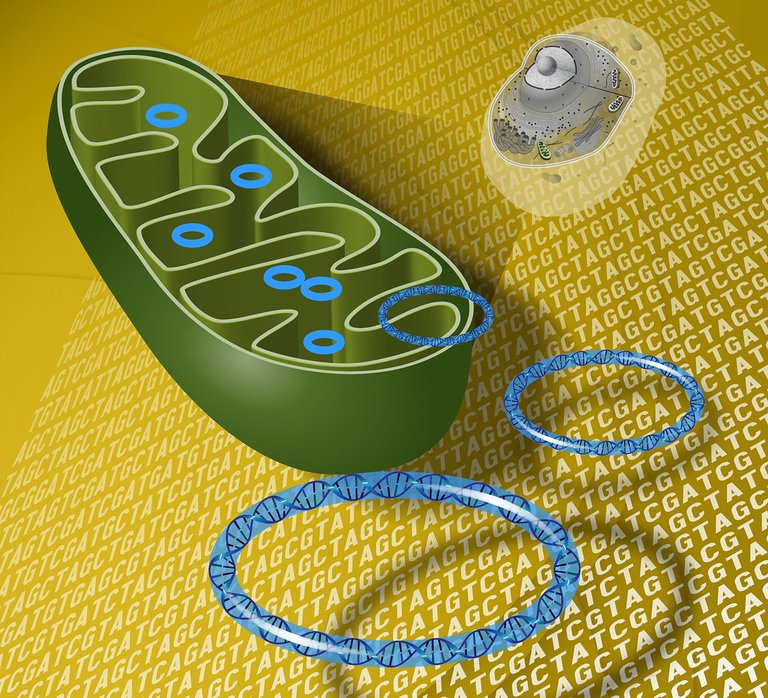Do you always find yourself feeling tired, sleepy, and fatigue? Like Yawning now as you are reading this post, or feeling tired even as you are on the road chatting with your friend? You begin to ask yourself why you are always exhausted, and feeling tired, and in the process of finding solution to your current predicament, you decided to get tons of vitamins if they will be of help to you but then you find out that they are not helping out.
While energy drinks and vitamins might help in the short term, in the long run more has to be done. Everything about energy starts with the mitochondria which is the energy house inside the cell. The mitochondria is used to store ATP which is gotten from foods. Certain foods have more energy than others such as in the case of processed food not having enough energy like whole food.
It isn't like the mitochondria needs only carbohydrate to produce this ATP, other nutrients like B1, B2, B3, Folic Acid, B12, Manganese, Magnesium, Selenium, Vitamin C, and Coenzyme Q10. Asides these molecules, for ATP to be made, the enzyme ATP synthase is needed to produce ATP. The ATP synthase rotates up to 9000 rotations every minute and they generate about 27 thousand ATPs. ATP is used to become ADP after which it is recycled back to become ATP. When we start to perform activities, ATP begin to increase in production.
We can store fat and it will be used to generate ATP. ATP can be gotten from ketones and fat than it does with glycogen and sugar. Consuming lots of carbohydrate can cause energy to spike immediately and crash as fast as possible and if a person don't have the required ATP to keep them active then they might be finding it hard to be active mentally since 70% of the ATP is used by the brain.
For people who have proper sleep, then the second major cause of fatigue is lack of physical activity and poor diet. People who perform exercises are more energetic and sleep better than people who do not exercise even when they are not sleeping any longer.
A lot of us go to coffee as a safe haven to keep us awake, and while coffee is good for our health too much caffeine can also make a person sleepy. Caffeine blocks adenosine receptors and taking it about 6 hours to bedtime would affect sleep quality, and people who don't take caffeine before bedtime usually have better sleep quality so considering water before bedtime helps and it will also improve concentration. A study showed that a 1.5% drop in water levels can lead to difficulty in concentration and increased exhaustion.
Glasses of wines and bears before bedtime surely affects sleep quality as studies have shown that alcohol intoxication can make people fall asleep faster but have lower quality of sleep as it reduces the amount of REM sleep that a person have.
Navigating the labyrinth of fatigue requires a holistic approach that goes beyond quick fixes. By unraveling the complexities of ATP synthesis, recognizing the impact of balanced nutrition, prioritizing quality sleep, and embracing regular physical activity, one can pave the way for enduring energy and overall vitality. It's time to move beyond the allure of immediate solutions and embark on a journey of sustainable well-being.
Read More
https://www.ncbi.nlm.nih.gov/pmc/articles/PMC4684129/
https://www.newscientist.com/article/mg23230950-400-tired-all-the-time-why-fatigue-isnt-just-about-sleep/
https://karger.com/pps/article-abstract/
https://www.ninds.nih.gov/health-information/public-education/brain-basics/brain-basics-understanding-sleep
https://www.sleepfoundation.org/nutrition/alcohol-and-sleep
https://www.ncbi.nlm.nih.gov/pmc/articles/PMC5821259/


